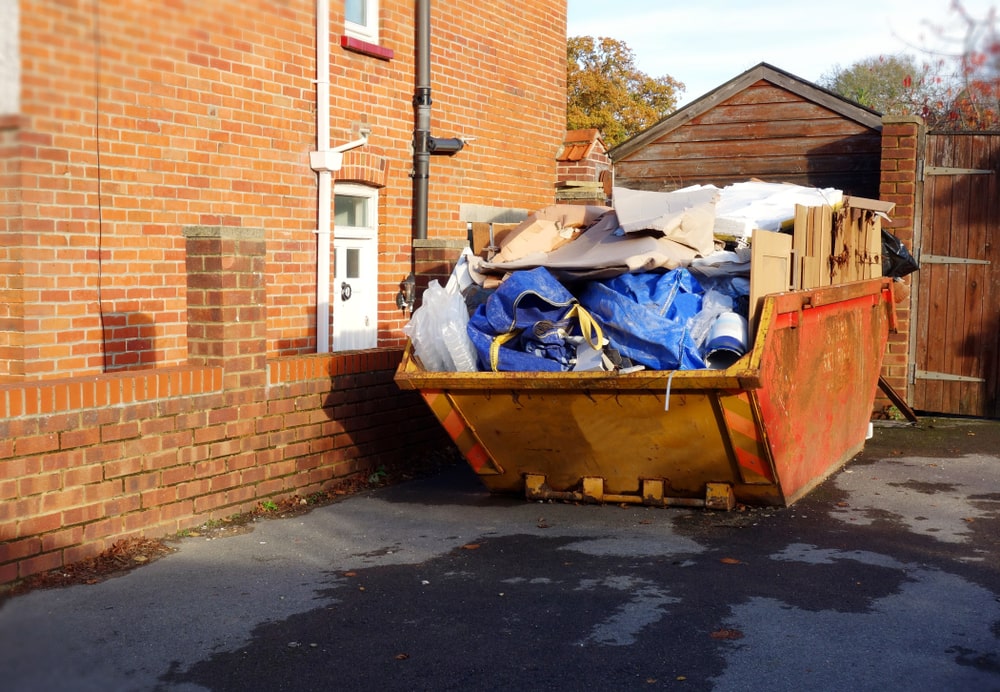News - Construction News
Study shows how the construction industry can reduce plastic

A new study from Insulation Express examines how the UK construction sector can reduce plastic usage.
The UK construction industry generates around 5o,000 tonnes of plastic waste a year and it has increasingly become a priority in all aspects of British society to reduce plastic waste. Plastic is a durable material and can be useful as a component of construction but it becomes a problem when single-use plastics are created for building materials and storage.
There is also a problem with how much of this plastic waste is being recycled, currently, 40% of waste from building sites is sent to landfill. The biggest contributors are:
- Plastic packaging (which accounts for 25% of packaging waste in construction).
- Unused materials from over ordering and off-cuts.
- Improper storage and handling.
- Workforce food packaging and utensils.
Insulation Express recommends a number of alternatives to sending plastic to landfill. Measures include reusing plastic packaging, ordering materials in bulk to reduce the amount of packaging needed, storing materials in reusable plastic boxes, reusing large plastic sheet packaging as weather protection, and sending plastic that can’t be recycled to a licensed contractor for Waste Management.
Adopting a more sustainable approach to plastic can also have financial benefits for construction companies. Reusing packaging can help cut costs, as well as reducing the time and cost of clearing and handling waste, and reducing the cost of skip hire and fees and taxes for landfill sites.
Insulation express also highlighted the ways plastic is being recycled into construction materials. These include a firm that is recycling disposable nappies into roof tiles, with the potential to reduce CO2 by 110,000 tonnes, plastic recycled as a more durable alternative to the asphalt on road surfaces, and as a replacement for sand in concrete to save natural sand on rivers and beaches, potentially saving up to 800 million tonnes.
If you would like to read more articles like this then please click here.
Related Articles
More News
- Merit Appointed to NHS Shared Business Services Modular Building Framework
1 Jul 25
Merit is pleased to announce its successful appointment to the NHS Shared Business Services (NHS SBS)
- £1Bn backed renewal of broken bridges, ruined roads and tired tunnels
30 Jun 25
The Structures Fund will inject cash into repairing bridges, flyovers and tunnels across Britain.
- £8Bn to be invested in flood defences over the next decade
27 Jun 25
A record £7.9Bn over ten years has been committed to flood defences.






